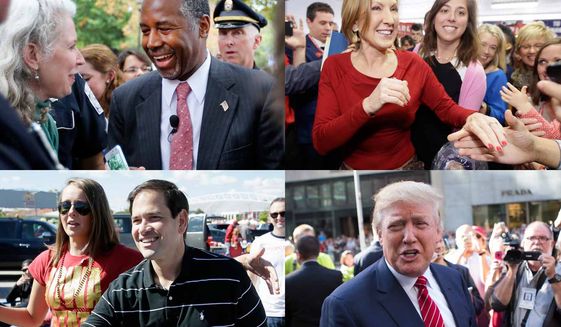 Help the ONLY Super PAC with a grassroots ground game in the battleground states help push Donald Trump over the top in Ohio.
Help the ONLY Super PAC with a grassroots ground game in the battleground states help push Donald Trump over the top in Ohio. Over the past week, signs and door lit has been delivered to groups across Ohio - now it is time for the all important Get Out The Vote Phone (GOTV) effort. To win Ohio -- Donald Trump needs your help!
The next xx days are some of the most important days of the election season. In Ohio, Donald Trump and Crooked Hillary are neck and neck! Which ever candidate gets more people to the polls on election day will win Ohio! This is where you can help Make America Great Again!
 You can make calls from the comforts of your home or from the Great America PAC office located at 6886 Pearl Rd Middleburg Hts, OH (Click for Map) to make calls with fellow Trump supporters.
You can make calls from the comforts of your home or from the Great America PAC office located at 6886 Pearl Rd Middleburg Hts, OH (Click for Map) to make calls with fellow Trump supporters.
The best part of making calls for the Great America PAC is you are only calling for Mr. Trump and not campaigning for any other candidate. With this state of the art system we can target specific cities and suburbs anywhere in the state to create local walking lists for your neighborhood!
Yard signs, bumper stickers, car magnets and door literature is also available at the office. For any questions or to set up phone training sessions please call Steve Herbik at (216)312-2509.










